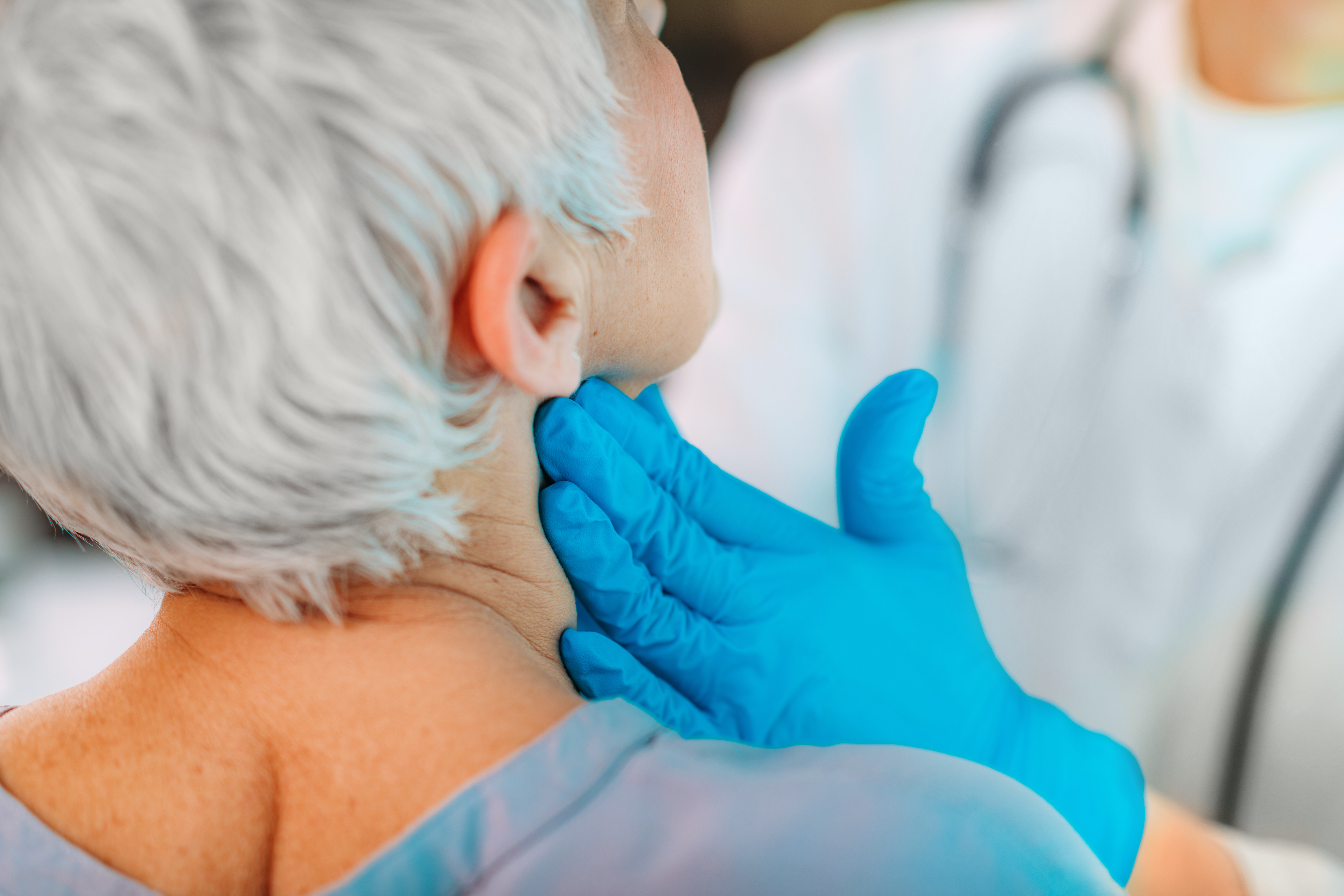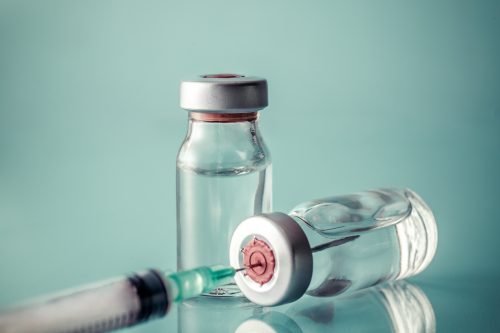
In a recent study, researchers sought to identify predictive factors for long-term outcomes after transsphenoidal surgery (TSS) in patients with Cushing disease. They found that a peak of serum cortisol in the early postoperative period was associated with an increased rate of recurrence. The data were published in Experimental and Clinical Endocrinology & Diabetes.
This was a single-center study that enrolled 93 retrospective patients with Cushing disease who underwent TSS. Among the cohort, 21 patients had previous operations, and 6 patients underwent an early subsequent TSS. Serum cortisol levels were assessed postoperatively every 4 hours until at least the morning following the operation.
The researchers used binary logistic regression and receiver operating characteristic curve analyses to identify associations with long-term outcomes and assess the predictive strength of serum cortisol cut-off values, respectively. According to the article, 80 of 93 (86%) patients demonstrated postoperative remission. Additionally, 60 of the 72 (90.3%) patients undergoing first-time treatment showed remission.
A total of 8 (10%) patients had hypercortisolism recurrence. Compared with patients who experienced successful long-term remission, recurring patients had differing cortisol levels beginning at 4 pm on the day of operation, as well as an increased cortisol event in the early postoperative course.
The authors reported their binary logistic regression models associated the increased cortisol events with increased risk of hypercortisolism recurrence; however, they noted they could not establish a serum cortisol cut-off value that strongly predicted patients with later recurrence.







 © 2025 Mashup Media, LLC, a Formedics Property. All Rights Reserved.
© 2025 Mashup Media, LLC, a Formedics Property. All Rights Reserved.